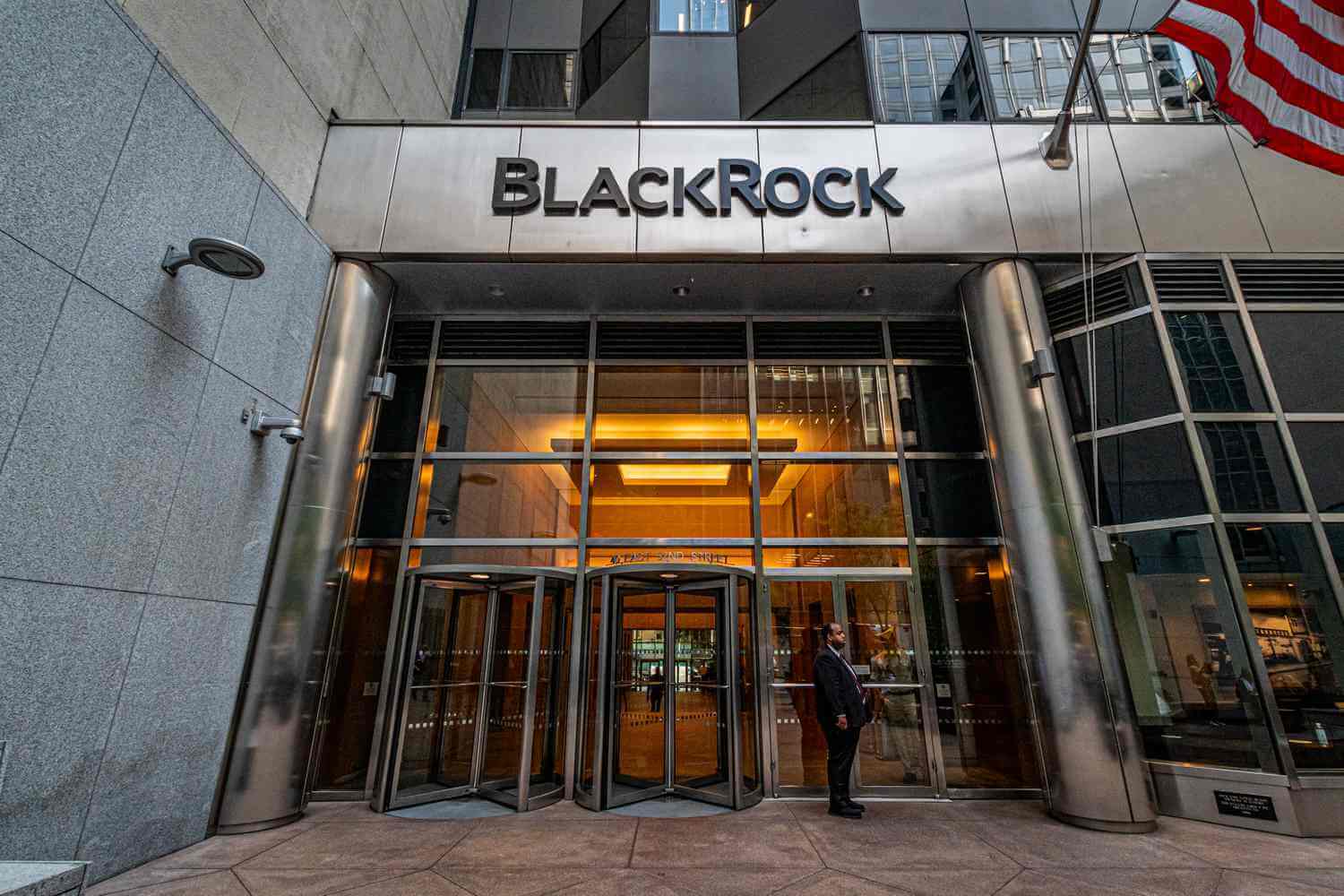BlackRock’s Crypto Holdings Surge: Institutional Appetite Reaches New Heights
BlackRock’s Crypto Holdings Surge: Institutional Appetite Reaches New Heights
By
David Goldfarb
Last updated:
October 9, 2025
First Published:
October 9, 2025

Photo: Creditcoin
BlackRock, one of the world’s largest asset managers, has reported a remarkable increase in its cryptocurrency holdings during the third quarter of 2025. The firm added over $22 billion worth of digital assets, signaling a growing appetite for crypto among institutional investors. This surge reflects the increasing integration of traditional finance with emerging blockchain-based markets.
Ethereum Leads the Charge
The majority of BlackRock’s new acquisitions were concentrated in Ethereum, demonstrating confidence in its long-term growth potential and utility within decentralized finance. This emphasis suggests that institutional investors are not just chasing short-term gains but are strategically positioning themselves in assets with broader use cases.
Growing Institutional Trust
The influx of institutional capital into cryptocurrency indicates a shift in market perception. What was once viewed as a speculative domain is now being recognized as a legitimate component of diversified investment portfolios. BlackRock’s move serves as a validation that regulatory frameworks and market infrastructure are maturing sufficiently to attract major players.
Implications for Bitcoin
While Ethereum was the primary target, Bitcoin also saw notable growth in BlackRock’s holdings. As the original cryptocurrency, Bitcoin continues to be perceived as a store of value and hedge against inflation, further solidifying its position in institutional portfolios.
Drivers of Investment
Several factors contributed to BlackRock’s increased investment. Macroeconomic conditions, such as low interest rates in some regions, growing inflationary concerns, and the rising adoption of blockchain technology, have made digital assets more attractive as an alternative investment class.
ETF Expansion
BlackRock has also expanded its cryptocurrency exchange-traded funds, making digital assets accessible to a broader range of investors. These products allow both retail and institutional participants to gain exposure to crypto without directly managing wallets or private keys, lowering barriers to entry.
Market Response
The market reacted positively to the news, with both Bitcoin and Ethereum experiencing modest price increases following the announcement. This reflects investor optimism and the signaling effect of BlackRock’s endorsement of digital assets.
Regulatory Confidence
BlackRock’s increased holdings also underscore confidence in regulatory clarity. As governments around the world establish clearer rules for cryptocurrency trading and custody, institutional players feel safer entering the market with significant capital.
Future Outlook
With the involvement of financial giants like BlackRock, the cryptocurrency market is likely to experience further professionalization. Infrastructure, compliance, and liquidity are all expected to improve, providing a more stable environment for both retail and institutional investors.
BlackRock’s $22 billion expansion into cryptocurrencies is more than just a headline figure; it represents a turning point for institutional acceptance of digital assets. As traditional finance increasingly intersects with blockchain markets, cryptocurrencies may move from a niche investment to a core component of global portfolios, reshaping the financial landscape.
Popular articles
Subscribe to unlock premium content
Disney’s Timeless Magic and How the Entertainment Giant Continues to Shape Culture and Innovation

Imran Khan’s Economic Missteps Amid Political Chaos in Pakistan

The Philippines’ Digital Shift How Remittances and BPO Are Fueling Growth

Disney’s Timeless Magic and How the Entertainment Giant Continues to Shape Culture and Innovation

Imran Khan’s Economic Missteps Amid Political Chaos in Pakistan

Disney’s Timeless Magic and How the Entertainment Giant Continues to Shape Culture and Innovation









